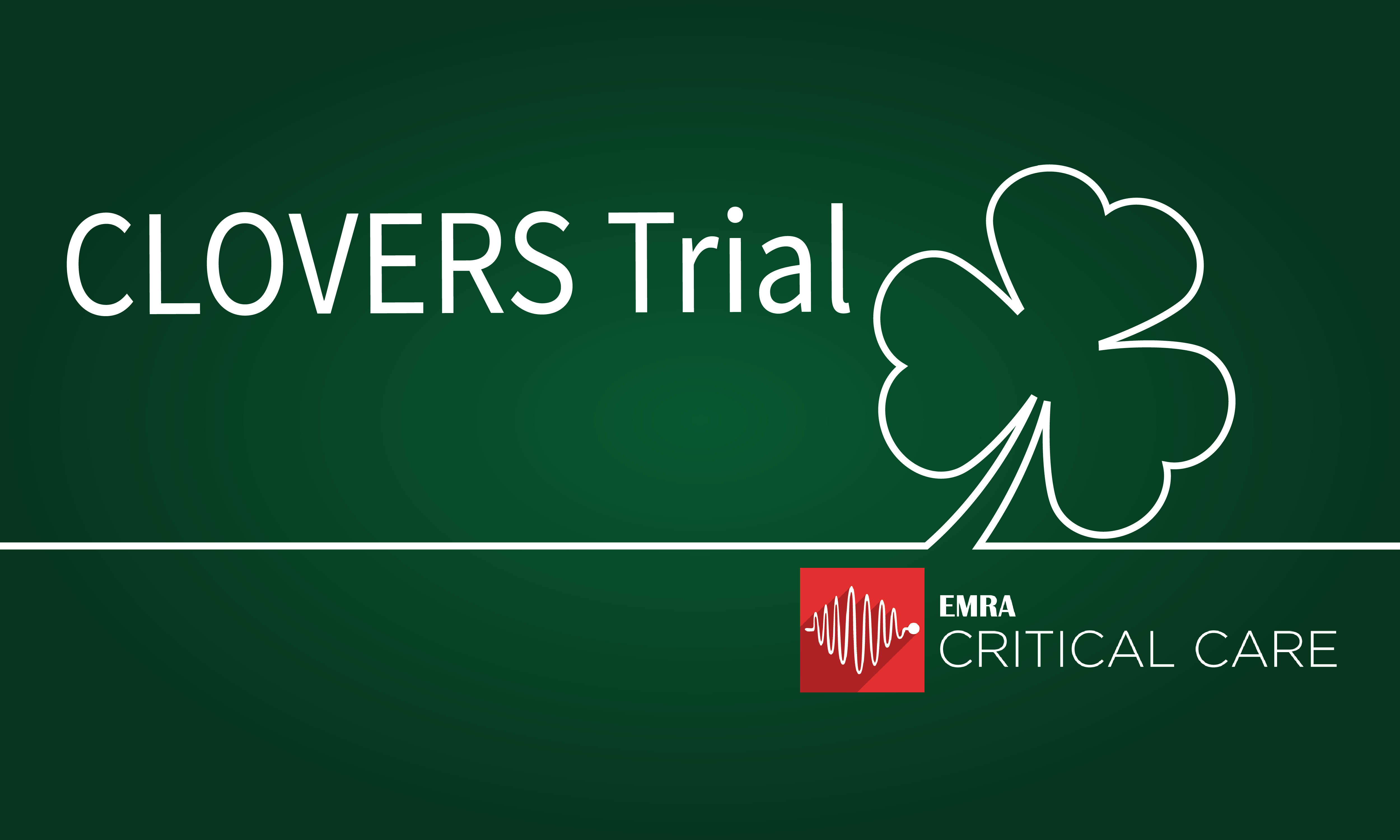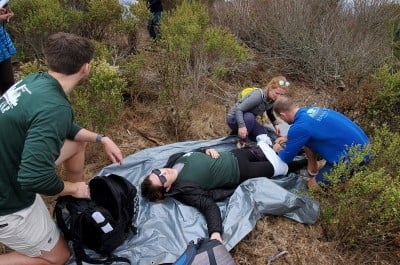Browsing: February 2023


Administration & Operations
,
Health Care Administration
This paper discusses some basics of emergency medicine coding and reimbursement and is designed to provide you, a graduating resident, some key information as you enter independent practice.
A Worthy Investment: What Every EM Resident Needs to Know About Reimbursement in 2023
2/22/2023 Nicholas Cozzi, MD, MBA , Jamie Shoemaker, MD , David McKenzie , Bryan Graham, DO , Brian Hiestand, MD , Alexa Golden, MD , Lisa Maurer, MD , Steve Kailes, MD








